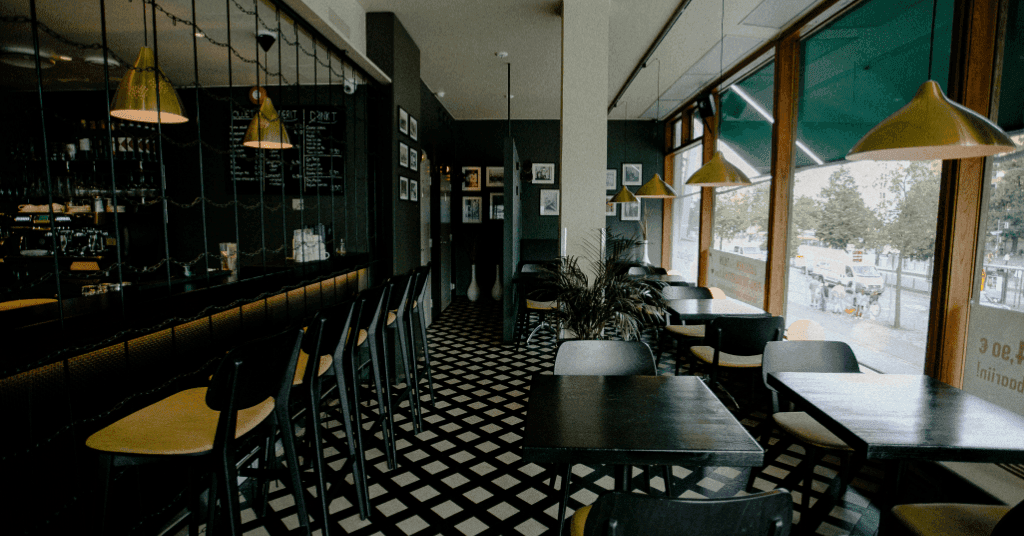As a signifier of the severity of the Coronavirus pandemic and its devastating economic impact, the restaurant chain Waffle House has closed 365 of its locations across several states, which is apparently unprecedented as the chain is known for staying open through hurricanes and other disasters in which it has served food to emergency aid workers. Meanwhile, the Cheesecake Factory, which operates 294 restaurants in 39 states, has sent a message to all of its landlords stating that they will not be able to make April rent payments as a result of decreased traffic to its restaurants and decreased cashflow.
The impact of the current pandemic on commercial tenants cannot be overstated. Below are several key commercial lease provisions that are implicated by the Coronavirus pandemic as well as considerations for commercial tenants.
Force Majeure Clauses During Coronavirus
Commercial tenants should review their lease for force majeure clauses, which are provisions in a contract or agreement regarding the effect where one party cannot perform its agreed upon obligations because of delays that are beyond the reasonable ability of that party to control or have foreseen. A commercial lease may additionally provide for explicit requirements for asserting a force majeure clause and notice requirements to the landlord. In many instances, force majeure will not apply to financial obligations such as payment of rent and cannot be asserted to obtain relief with regard to rent payment.
Alternative Uses
This weekend I spoke with a restauranteur who has retooled their high-end dine-in restaurant to offer take out, curbside pick-up and a marketplace including prepared foods, produce and wine and cocktails to go. This is becoming standard fare in the age of Coronavirus, as many restaurants have had to discontinue on-premises food service as a result of “shelter in place” orders instituted at the state and local level and have been restricted instead to pick-up and delivery service. Commercial tenants must review their lease for restrictions on “permitted uses” and verify that the change in service is permissible and that their applicable business licenses allow for this change.
Rent Obligations and Abatement During Coronavirus
With locations closing or restricted in use and revenues declining, commercial tenants must carefully review their lease with regard to payment of rent obligations. Rent may be treated under a lease as an independent covenant that must be continued regardless of closing of the premises, reduction of services by the landlord, or other changes in circumstances. Commercial tenants should examine leases to determine whether, on the other hand, the lease provides for reduced rent under certain circumstances, for example, where the mall or building closes or where the landlord does not provide other agreed upon services or use of common areas. Where the lease contains provisions for abatement rights as to rent, it must be determined what circumstances trigger abatement as well as the method by which to provide notice and assert rights.
A component of rent may include percentage of sales, in which case there may be a downward adjustment as a result of the financial impact of the Coronavirus pandemic. There may also be percentage rent minimums that are triggered where sales are too low. Tenants should also verify whether percentage rent includes sales from new channels if the tenant has pivoted their business to new income streams, for instance, from eat-in dining to take-out or delivery service.
If the tenant is unable to pay rent when due, the tenant should determine grace periods that apply to late payment, notice required to be given by the landlord, and amounts of late fees, penalties and interest that may be charged by the landlord. Open and early lines of communication between the tenant and landlord (or their representatives) is key.
Insurance
Tenants should review all insurance policies to identify whether Coronavirus related losses are covered by the applicable general liability, business interruption or other insurance policies. There may be blanket exclusions that apply to viruses and diseases such as Coronavirus. Another issue impacting insurance claims will be that, typically, business interruption insurance requires a physical loss as a basis for a claim, for instance, a fire or similar loss that prevents a business from operating. There are already lawsuits arguing that the Coronavirus physically infects and contaminates areas and is therefore a physical loss and should trigger business interruption coverage however the jury is still out on this one. Thomas Keller, the chef behind the famous Napa Valley restaurant The French Laundry has also filed suit to force insurers to cover business interruption losses stemming from the Coronavirus.
Commercial tenants must work to understand when “shelter in place” and similar orders instituted at the state and local level took effect and that they are complying with them. Violation of law can be a basis for denial of insurance claims, for instance, where a commercial tenant operates its business after a stay at home order goes into effect in violation of the order and thereafter suffers a loss.
If you would like to discuss how these new developments may affect your business or leases, please reach out to me at laine@eanetpc.com or (310) 997-4185.


